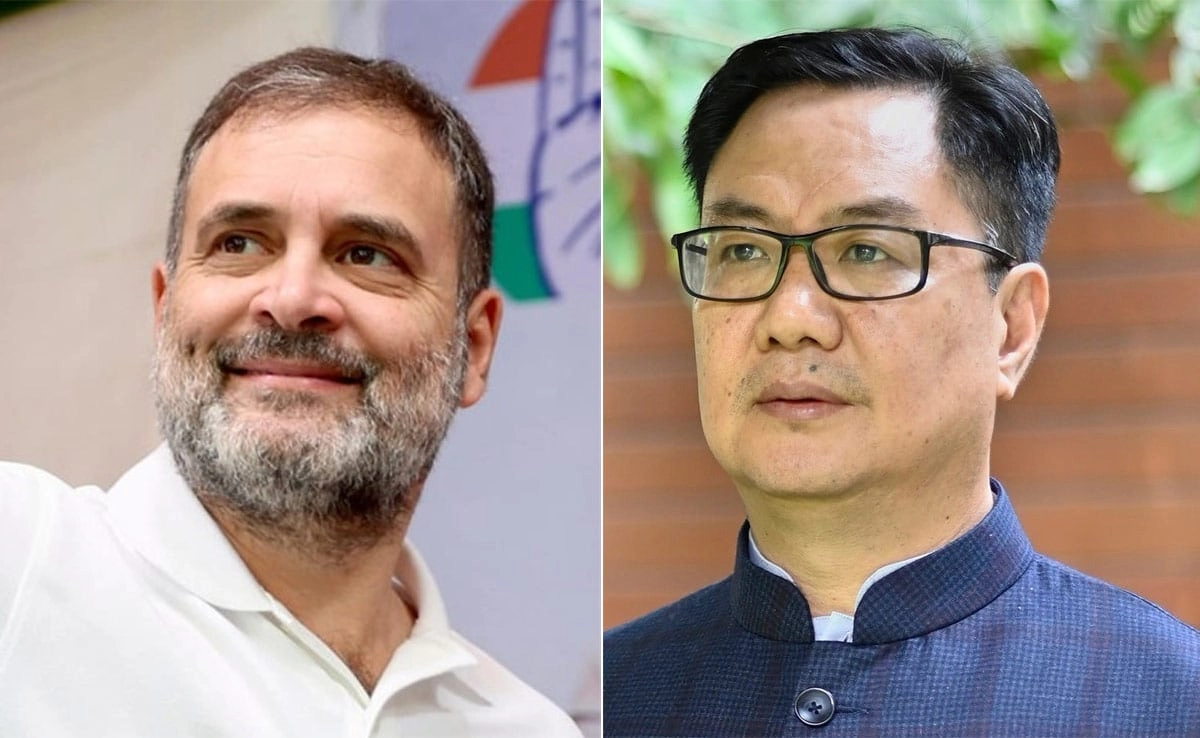In a recent political exchange, Kiren Rijiju, a prominent figure in the Indian government, put forth a robust counterargument to Congress leader Rahul Gandhi’s assertion regarding “political will.” This exchange highlights the ongoing tension between the ruling party and the opposition, especially as the nation approaches critical elections. Rijiju’s reference to the year 1971 serves as a significant historical touchstone, suggesting that the current administration is not only aware of past challenges but is also prepared to address contemporary issues with a sense of urgency and resolve.
Rijiju’s remarks reflect the broader narrative that the ruling party has been striving to convey: that it possesses the necessary political will and determination to tackle pressing national issues. By invoking the events of 1971, a pivotal year in Indian history marked by the liberation of Bangladesh and the subsequent Indo-Pak war, Rijiju attempts to align the current government’s actions with a legacy of strong leadership during times of crisis. This strategic framing positions the ruling party as a bastion of national strength, capable of navigating complex geopolitical landscapes while fostering domestic stability.
On the other hand, Rahul Gandhi’s emphasis on “political will” calls into question the efficacy of current policies and the government’s commitment to addressing the needs of ordinary citizens. His critiques often focus on issues such as unemployment, inflation, and social justice, which resonate with many voters who are seeking tangible solutions to their everyday challenges. The contrasting narratives presented by Rijiju and Gandhi underscore the deep ideological divides that characterize Indian politics today.
As both leaders continue to engage in this political face-off, it becomes evident that the stakes are high for both parties. The outcome of this exchange may influence public perception and voter sentiment as the elections approach. Ultimately, the dialogue between Rijiju and Gandhi is not merely a clash of personalities but rather a reflection of the broader political landscape in India, where historical references and contemporary issues intertwine to shape the nation’s future. In this context, the ability of each leader to connect with the electorate and articulate a compelling vision will be critical in determining their political fortunes.




